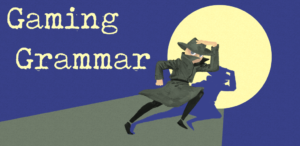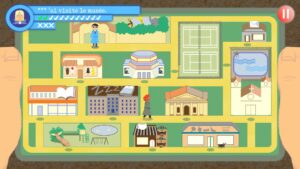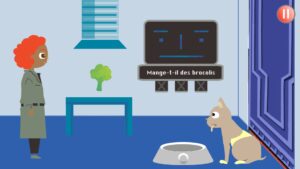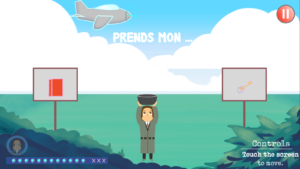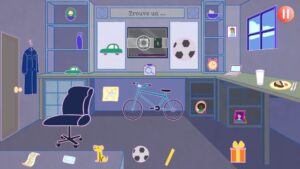Gaming Grammar is now hosted by LanguageNut
Please see https://www.languagenut.com/en-gb/gaming-grammar/ for more information. For all enquiries about Gaming Grammar please contact LanguageNut:
Email support@languagenut.com
Phone: +44(0)1273 457 222
Legacy information about Gaming Grammar (valid until 20 June 2023).
Using Gaming Grammar with your class
We have created a template letter for parents / carers, which provides information about the game and how it will be used. Please complete the letter for your setting and send it home to parents / carers, prior to using Gaming Grammar with your students.
Creating a Teacher account
With a Teacher account you can:
- Create Classes for your students to join
- Track the performance of your Classes and download reports of their in-game performance
- Create Lessons (customisable collections of levels from the game) and assign Lessons to one or more of your Classes.
- View which students within each Class have completed the Lesson and the percentage of levels completed successfully.
A School Code is needed to create a Teacher account. To request your School Code, please complete this form: Gaming Grammar – Request for school code’ to provide us with the name of your school, town and postcode.
Please note: All teachers within one school can use the same school code to set up their teacher accounts.
Mini-games overview
Our overview documents list the mini-games currently available in French, German, and Spanish, and the grammatical structure(s) practised in each mini-game. The mini-games primarily use vocabulary taken from the NCELP Schemes of Work (SoW) and top-2000 most frequent words in each language. We have also indicated which NCELP SoW week(s) each mini-game maps to.
These documents will be updated each time a new mini-game is released.
Gaming Grammar user guide
For more information on how to use Gaming Grammar, please view our User Guide:
Accessing Gaming Grammar
Research with Gaming Grammar
As well as supporting teaching and learning, Gaming Grammar will also help us to understand more about grammar learning. The Gaming Grammar team (which includes researchers from the University of York and University of Reading) will be analysing data from the game to better understand the effectiveness of this learning tool for supporting foreign language grammar learning. The research data will include players’ responses and response times while playing the game and information about players’ age, gender, and first language. Any data downloaded for research purposes will be pseudonymised by assigning each player a code number and no identifying information (e.g. names or email addresses) will be downloaded.
For more information, please view the Gaming Grammar privacy policy (link below).
Data privacy policy
The Gaming Grammar privacy policy can be viewed here:

